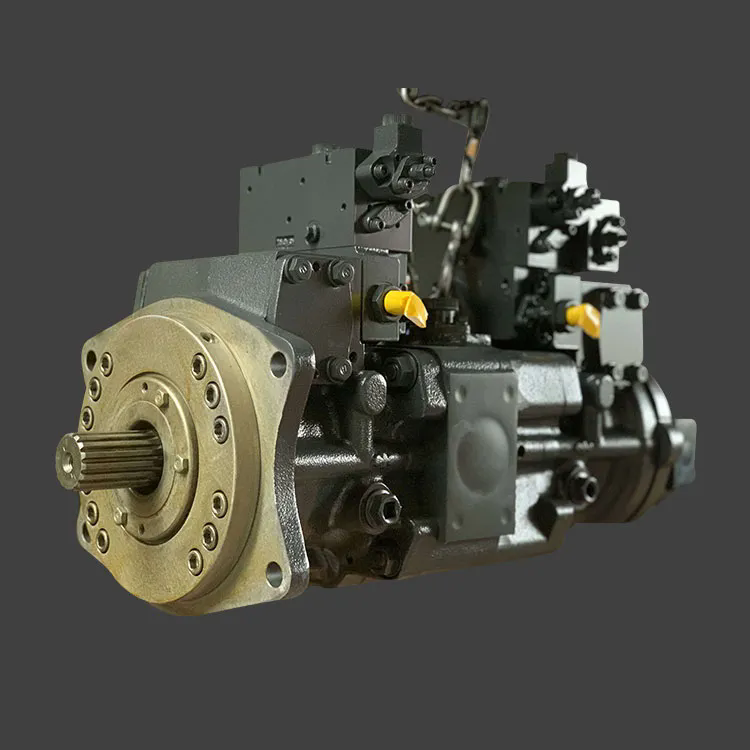What Are Hydraulic Pumps and How Do They Work?
2024-10-23
What is a hydraulic pump?
A hydraulic pump is a mechanical device that converts mechanical energy into hydraulic energy. It generates flow within a hydraulic system, allowing fluid (typically oil) to move and transmit power. Hydraulic pumps are essential components in machines like excavators, forklifts, and hydraulic presses.
How do hydraulic pumps operate?
Hydraulic pumps function by creating a vacuum at the pump inlet, drawing fluid from a reservoir. The fluid is then pushed through the pump and into the hydraulic system under pressure. This pressurized fluid is used to power cylinders, motors, or other hydraulic tools, generating force and motion.
What are the common types of hydraulic pumps?
The three main types are:
- Gear Pumps: Simple and cost-effective, ideal for low-pressure applications.
- Vane Pumps: Known for smooth operation and moderate pressure capabilities.
- Piston Pumps: Designed for high-pressure tasks and precision control.
Where are hydraulic pumps used?
Hydraulic pumps are widely employed in industries like construction, manufacturing, agriculture, and aerospace. They power equipment such as cranes, tractors, airplanes, and industrial robots, offering precise control and reliable performance under heavy loads.
How do you maintain a hydraulic pump?
Regular maintenance ensures optimal pump performance. Key practices include:
- Monitoring for leaks or unusual noise.
- Replacing filters to keep hydraulic fluid clean.
- Checking fluid levels and quality.
- Inspecting seals and hoses for wear.
A well-maintained hydraulic pump can extend the lifespan of machinery, reduce downtime, and prevent costly repairs. Understanding these pumps is essential for any industry relying on hydraulic power systems.



